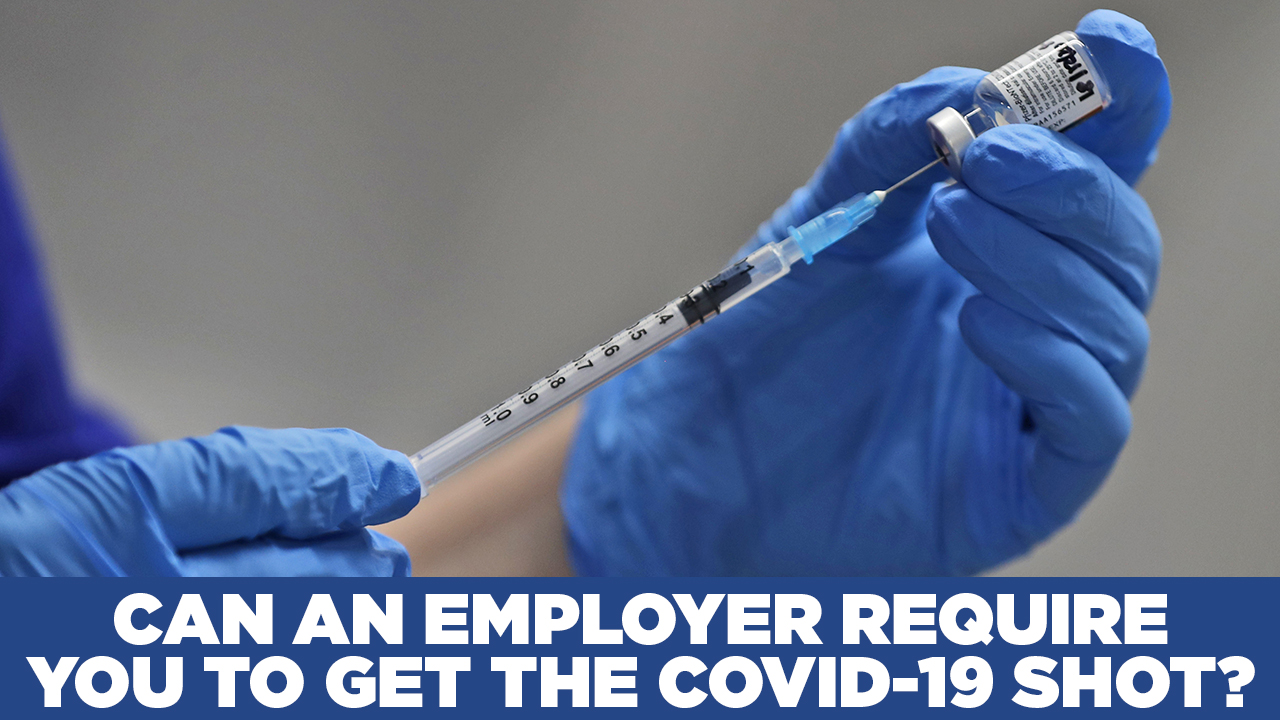'Tremendous:' Leading UNC COVID-19 researcher explains why she thinks you should trust the vaccine
We're answering your questions about the COVID-19 vaccine all week on ABC11 at 6 p.m.

The United States is just one day away from an important debate that could have a profound impact on COVID-19's grip on our nation. F.D.A. independent advisers will be meeting Thursday and begin discussing the Pfizer vaccine's future.
U.S. regulators have released their first scientific evaluation and confirmed it offers strong protection.
Former presidents, from both sides of the aisle, have volunteered to get the vaccine to prove its safety and squash skepticism.
The United States had its very first positive COVID-19 case on January 21. Now, 11 months later, the federal government is going to consider if a vaccine is safe enough for emergency use.
We're answering your questions about the COVID-19 vaccine all week on ABC11 at 6 p.m.
Scientists and researchers leaped into action developing, testing, and studying the vaccine's potency. It was a herculean effort, but one leaving people weighing whether or not the vaccine was helpful or harmful.

Dr. Cynthia Gay is the Principal Investigator at the University of North Carolina at Chapel Hill for a study evaluating the Moderna Vaccine.
"I would ask people who are hesitant to be grateful for the thousands of people who have worked into the night, on weekends, literally since the spring of this year when everything hit," Gay said.
She argues it's impossible for Moderna or Pfizer to reach Phase 3 without undergoing necessary steps, and adds that the long-term effects really don't need to be analyzed.
Is the COVID-19 vaccine safe? UNC Moderna investigator on what she tells people who are concerned

"The vaccine itself is not something that persists in the human body. The purpose of the vaccine is trying to trick the immune system to thinking that it's seeing whatever the virus is," Gay said.
The Pfizer said its vaccine is 95 percent effective on the human body and Moderna closely behind at 94.5 percent.
Comparing the COVID-19 vaccines to other commonly administered shots, the Flu vaccine is 40 to 60 percent effective depending on the year.
The Polio vaccine is 90 percent effective in three doses, and Varicella, the shot for Chickenpox, is 82 percent effective for one dose.
Gay said the public should feel assurance with the efficacy rates.
How will the COVID-19 vaccine interact with your body?

"It's just tremendous. It's much higher than I think we anticipated," Gay said.
Anxiety is equally high. WakeMed Psychiatrist Dr. Nerissa Price said her patients have worries.
"It's not just about the vaccine, it's about the unprecedented year of so much change. It's also about misinformation," Price said.
Price said there is even more trepidation in the Black and brown communities who have been disproportionately affected by the virus.
"Weigh the risks and the benefits and make a good decision, maybe the most important decision of our lives honestly," Price said.
Both doctors encourage people to do their research from trusted sources.
Across the pond, the United Kingdom is paving the way and has become the first country to sign off a vaccine.
Shots are now being administered to front-line workers and the elderly.
A U.K. regulator, however, has warned that people who have a history of "significant" allergic reactions should not receive the vaccine after two people had a reaction.
Gay says for the vast majority of people, immunization will help.
"Wouldn't it be a shame to let misinformation keep us and the country and the world from accessing something that is going to protect us, keep us out of the hospitals and keep people from dying? That would be a travesty," she said.
MORE: Could proof of vaccination become required? Answering legal questions about the COVID-19 shot










